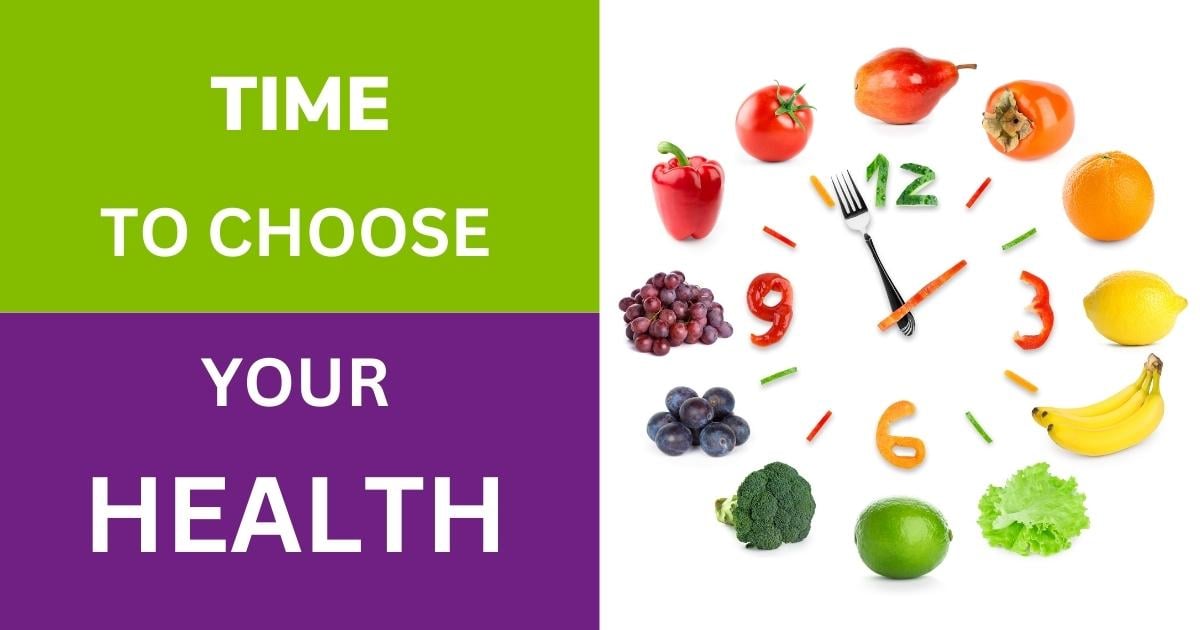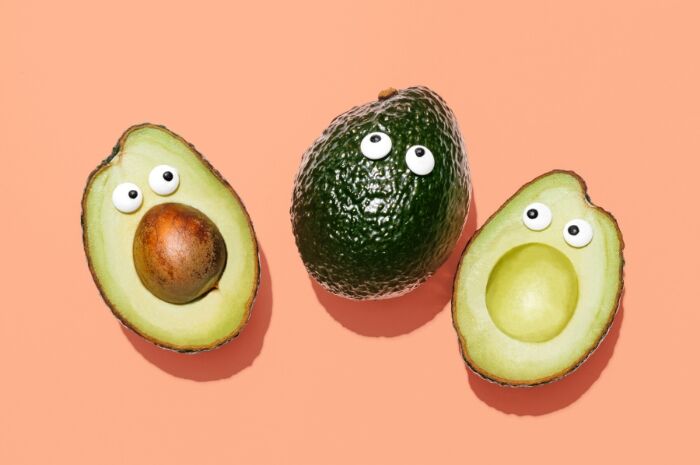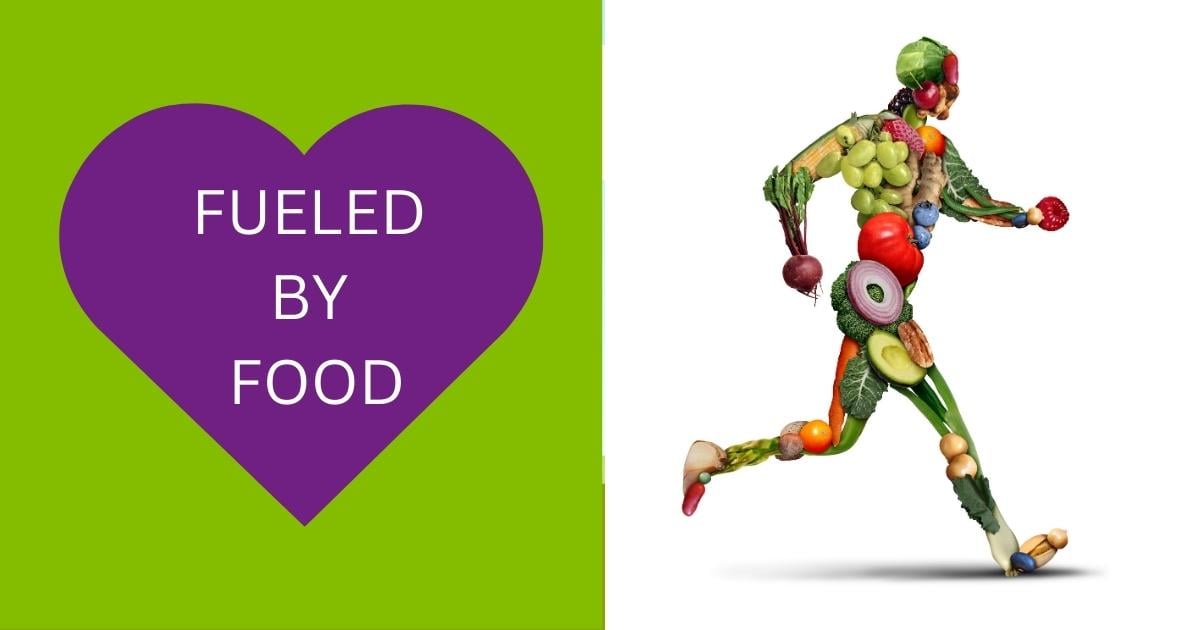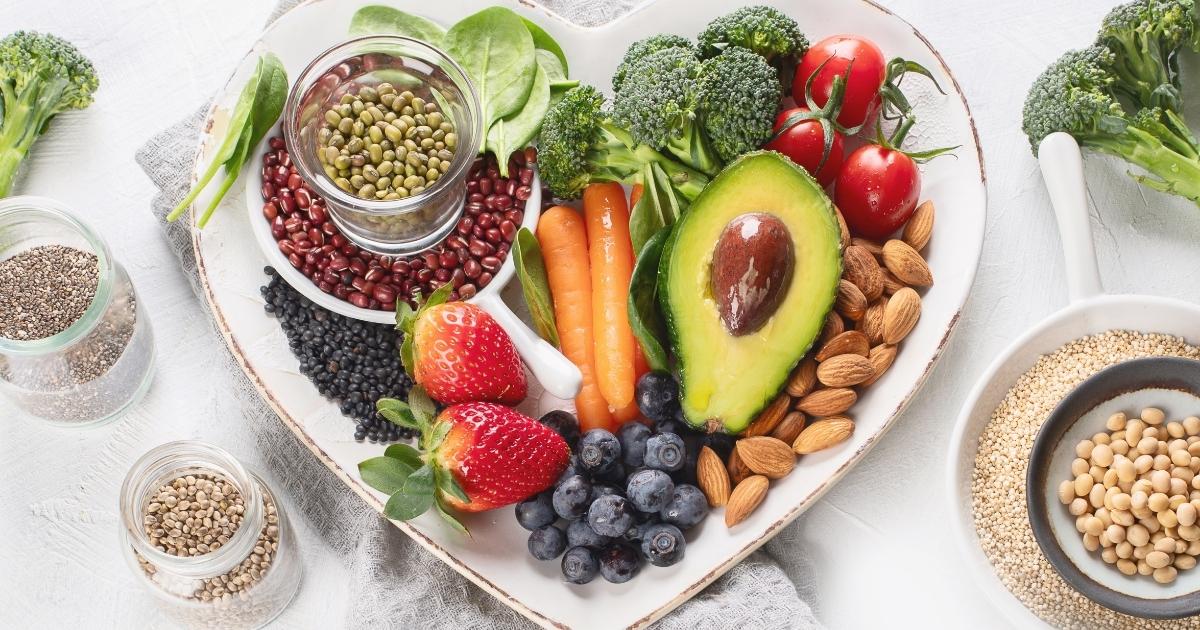Plant-based diets are eating habits that focus on consuming food from plants. Plant-based diets do not necessarily mean that one will never have any meat or dairy again but, instead, consciously will choose more foods that come from plant sources. Plant-based diets get their food supply not just from fruits and vegetables but will also find great benefits from eating nuts, seeds, oil, whole grains, legumes, and beans [1]

What are the Health benefits of avocados
A couple of different diets are considered to be plant-based, including the Mediterranean and Vegetarian diets. Mediterranean diet is based around plant-based foods but includes fish, poultry, eggs, cheese, and yogurt but only a few times a week. A plant-based Mediterranean diet has shown great potential to reduce the risk of heart disease, metabolic syndrome, colon/breast/prostate cancers, and depression. Plant-based diets also show that those following the diet have better mental and physical functions.
Vegetarian diets can vary depending on what works best for you. Vegetarians consume eggs and dairy foods but no meat, poultry, fish, or seafood. Vegetarian diets are different than a vegan diet which eliminates all animal foods. Vegetarian diets help to support the overall health of those following the diet by decreasing the risks of coronary heart disease, high blood pressure, and diabetes while also increasing one’s longevity [1]

Why Should You Try a Plant-Based Diet?
Cardiovascular diseases remain the most prevalent cause of mortality in the world. Mechanisms that lead to cardiovascular risk and development during aging have shown a relationship between structural and functional changes in the vascular system.
High consumption of fruits and vegetables showed chronic disease risk reduction by 4% per serving of fruits and vegetables throughout the day. A low risk of cardiovascular events and total mortality is also related to high fruit, vegetable, and legume consumption 3 to 4 times daily.
When individuals follow a Mediterranean diet, the higher content of fruits and vegetables have a lower risk of arterial stiffness, vascular dysfunction, cardiovascular events, and mortality rates. The higher intake of fibers, vitamins, minerals, and photo chemicals through fruits and vegetables protects endothelial functions. [2]

What are Polyphenols?
Polyphenols are in many different plant foods; so far, more than 8,000 different types have been identified. An abundance of fruits and vegetables is high in Polyphenols but can also be found in beans and soy. Other ways to enjoy the benefits of Polyphenols include green or black tea, coffee, and chocolate. [3]
Try this rich in Polyphenols salad, strawberry, and cacao nib salad with cocoa balsamic dressing https://chhs.source.colostate.edu/krnc-recipe-of-the-month-strawberry-and-cacao-nib-salad-with-cocoa-balsamic-dressing/
[4]

Protective Activity of Polyphenols
Polyphenols benefit the health of one’s body by acting as antioxidants, which means they can combat UV damage and pollution from the environment. Natural polyphenols produced in plants have many beautiful functions, such as protection against pathogens but can also attract beneficial organisms. Over the last 30 years, there have been discoveries of plant-derived natural products approved for both therapeutic use and the treatment of various diseases.
A plant-based diet rich in polyphenols has many benefits for many clinical conditions and, most importantly, cardiovascular-related diseases and PAD. Dietary and supplemental intake of a rich plant-based diet with moderate aerobic exercises can prevent and even reverse age-associated arterial stiffness while maintaining the integrity of peripheral blood vessels. [5]

Plant-Based Diets: Benefits on Blood Flow and Arteries
Plant-based diets aid in maintaining solid hearts by reversing plaque buildup, reducing overall body mass, and lowering blood pressure and cholesterol. Consumption of meats in the diet contributes to higher levels of inflammation in the body, leading to chronic pain.
Following a plant-based diet may have an anti-inflammatory effect on the body and improve arterial flexibility and diameter, leading to better blood flow. Plant-based diets are low in saturated fats and cholesterol-free, leading to better blood viscosity and thickness. Better blood flow leads to more oxygen reaching the muscles and improves athletic performance. [6]

Choosing a healthy plant-based and vegan diet is most beneficial when it comes to:
-
Higher levels of energy;
-
Improved sleep;
-
Aids in energy and overall happiness;
-
Provides a sense of comfort and relief;
-
Could prevent major diseases such as obesity and diabetes;
-
Accomplish weight-loss and management; and
-
Improves mental and cognitive functioning.
There are really no excuses not to try healthier habits in your everyday life. If you are a man or woman looking for specific benefits of adopting healthier habits or just want to know about the general healing properties of herbs. Please remember to comment or post any health questions, or contact us directly!
Also feel free to share any of your favorite recipes to make and share it with the Assuaged community on our ➡️ Share A Recipe ⬅️ page!









/Be-Your-Highest-Delta-8-Psychoactive-Rest-Sleep-Spray-960x180.gif?width=960&height=180&name=Be-Your-Highest-Delta-8-Psychoactive-Rest-Sleep-Spray-960x180.gif)







